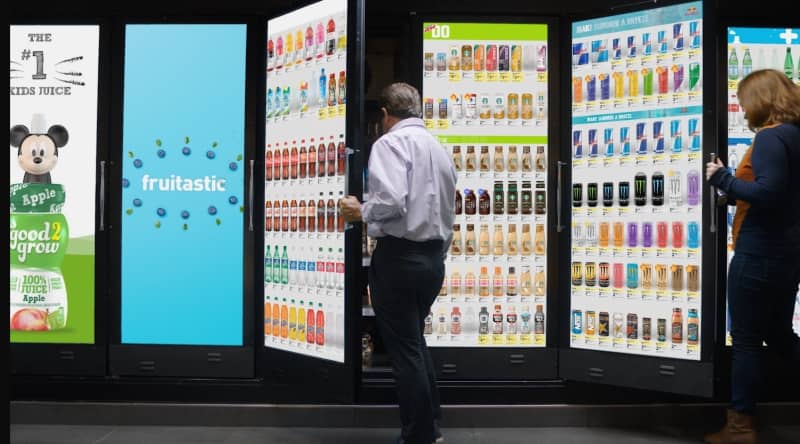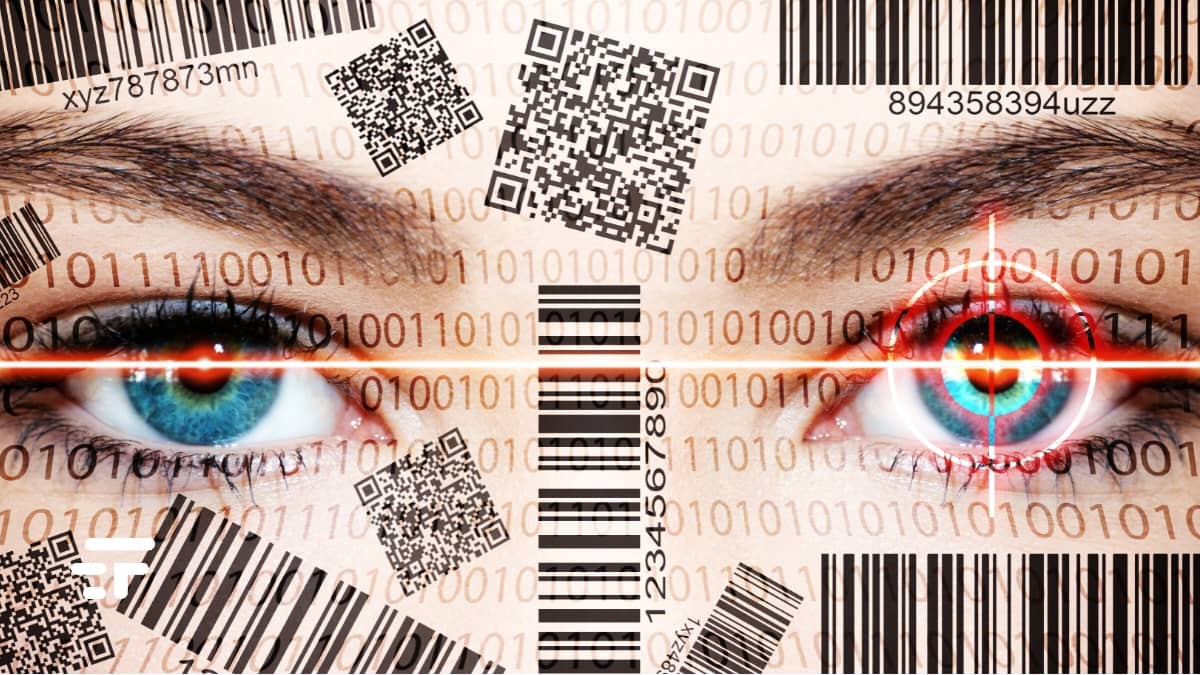Readers! It is the advertiser who speaks to you in this post. Targeted marketing has been common in businesses for a long time. They do, and you know it, you authorize them. By collecting demographic and behavioral data, companies can identify the subsets of the population most interested in what they have to offer. To do what? Well, to reach us. Everywhere. With direct ads from social networks, in SMS, on emails, in pay per click campaigns. Everywhere.
More recently, companies have started using the facial recognition for targeted advertising, with great results. The use of face scanning is not yet widespread because there are still ethical concerns and privacy reasons to prevent it. What do you think? First, however, a small step back.
What is facial recognition?
Facial recognition is an application of computer vision and artificial intelligence (AI) that uses intelligent algorithms to identify human faces in photos and videos. Today there are many applications of facial recognition combined with AI, and in many sectors. Biometric identification and verification, home security, automatic photo tagging, checkout-free points of sale.
Advertising would be only the last of the conquered territories. And someone has already planted the flag. A case study, in particular, can give you an idea of the possible future upheaval.
The Walgreens case
Walgreens, an American pharmacy brand, was among the first to launch one public facial recognition advertising campaign through its “Smart coolers”. A series of beverage refrigerators and dispensers equipped with displays, equipped with facial scanners. Starting in 2019, these things started collecting data on shoppers' age and gender, and started targeting different ads to different people.
For example, if the facial scanner recognized that the shopper was a teenage female, the screen on the Smart Cooler displayed an ad specifically targeted to her. And that's not all: there was also iris tracking technology to collect data on which articles were looked at most frequently.
Triumph! No. I was joking. That is, triumph, yes, but also uproar. Walgreens he found himself in a storm of public reaction and lawsuits.

Is facial recognition advertising a bad thing?
Not necessarily. I'm the last (also given the work I do) to be able to be a moralist, but advertisers don't all live in hell. On the contrary. The limits of ethics are serious for us. They have to, they should be.
For this I tell you that there are solid data privacy laws such as the GDPR which regulate the use of personal data in Europe. If it respects these limits, such technology can be valuable: certainly for companies, but to some extent also for end users.
Am I sure that all companies will respect the limits of ethics and privacy? No. I'm not sure. Using such technology greatly enhances a brand's publicity, making its users enormously popular. This is why we need to talk about it. My favorite future is one that plays fair.
The (precious) face of our future
However you think, Research shows that facial recognition technology will make significant progress in all areas in the near future. Even in marketing. What advantages can companies get? Mainly of three types.
1. Define repeat customers
By scanning their face, a company can identify customers or users who frequently purchase their services or products. They can build loyalty or reach them with offers targeted on their physical or demographic characteristics.
2. Perform effective tests
When a new product is launched, companies can use behavioral data collected through facial recognition to test it with a select audience prior to a large-scale launch. From the face, advanced facial recognition software can also detect and measure emotions, evaluating how people respond and interact with a product.
3. Optimize physical locations
Businesses with stores across multiple locations can use facial recognition technology to count the number of store visitors at each location, and determine which locations, times, and factors allow for the highest number of visitors. They can investigate the reasons for the slowdown in sales in places that get less foot traffic and improve retail.

The worst face of the future: the risks of this technology
Marketing and advertising through facial recognition carries a number of risks. A major concern is that people's personal data is being collected and used without their consent. The face is just a door, through which to obtain increasingly detailed data on age, gender, even emotions.
Knowing so much about people can also lead to communication activities that cross the line of what is lawful, overcoming the limits of persuasion to lead to those of manipulation.
All elements that must be carefully considered before making any decisions on the implementation of this technology.
Final thoughts on ubiquitous advertising, from the sky to the face
Facial recognition technology is a game changer for businesses. Something makes me think that, like it or not, it will be the future of targeted advertising. Many organizations are gearing up to adopt facial recognition ahead of the competition. It is a race that does not give the idea of being able to stop (even starting to caress the possibility of "raining" straight from the sky, Or of whisper to us in our sleep).
With the ability to scan our face and determine key consumer attributes, marketing will make us feel its breath ever closer. And it's a very, very heavy breath.


